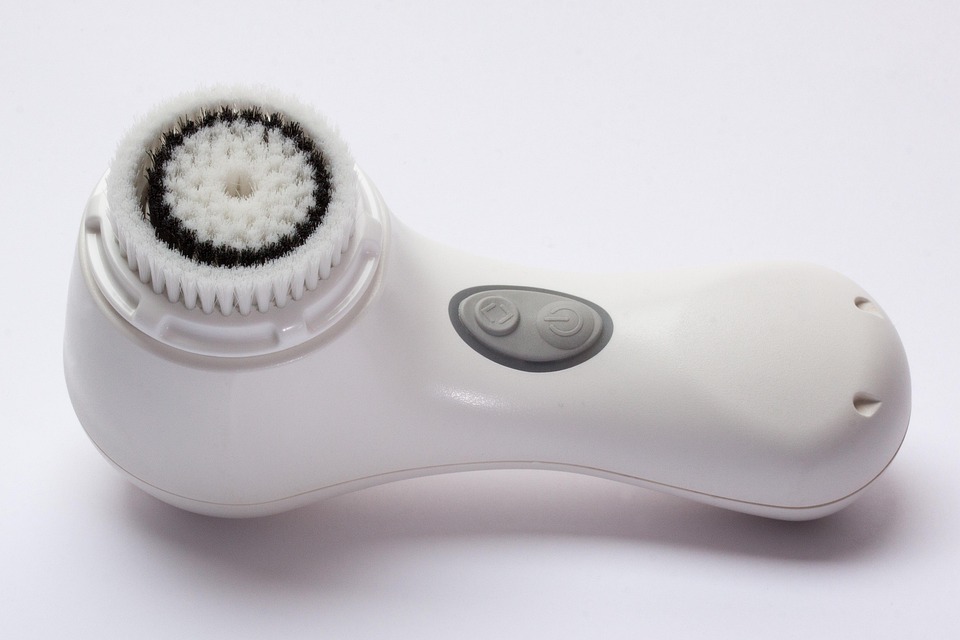Sensitive skin care can feel like navigating a minefield. One wrong move and your skin reacts with irritation, redness, or worse. Your skin deserves the best, and understanding how to nurture it is crucial. Here’s the good news: you can take control of your skin’s health with just a few essential tips. Let’s dive in!
Contents
Understanding Sensitive Skin
Sensitive skin is more than just a buzzword; it’s a real condition that affects millions. If your skin often reacts to products, environmental changes, or stress, you’re not alone. This sensitivity can manifest in various ways, including dryness, flakiness, burning, or itching. It’s essential to know your skin type and what triggers these reactions, so you can create a personalized care routine.
Why Sensitive Skin Care Matters
Caring for sensitive skin isn’t just about avoiding irritation; it’s about fostering a healthy relationship with your skin. When you prioritize proper care, you not only reduce discomfort but also boost your confidence. Healthy skin reflects your inner vitality, allowing you to shine in every aspect of your life.
1. Know Your Triggers
The first step in sensitive skin care is understanding what causes your flare-ups. Take note of:
- Products: Ingredients like alcohol, fragrances, and harsh exfoliants can trigger reactions.
- Weather: Changes in temperature, humidity, and wind can affect your skin’s barrier.
- Diet: Certain foods may cause inflammation or allergies.
Keep a journal to track your reactions. This knowledge empowers you to make informed decisions about the products you use and the environments you expose your skin to.
2. Choose Gentle Products
Your skin deserves a gentle touch. Here’s how to pick the right products:
- Look for “hypoallergenic” or “for sensitive skin” labels. These products are formulated to minimize reactions.
- Opt for fragrance-free options. Even natural fragrances can irritate sensitive skin.
- Check for dermatologically tested products. Brands that prioritize dermatological testing show a commitment to skin health.
Some brands to consider include Cetaphil, La Roche-Posay, and Vanicream. Their formulations are designed specifically for sensitive skin.
3. Hydrate, Hydrate, Hydrate
Moisture is your skin’s best friend. Hydration helps maintain your skin barrier, reducing the risk of irritation. Here’s how to ensure your skin stays hydrated:
- Use a gentle cleanser. Avoid harsh soaps that strip your skin of moisture.
- Apply moisturizer immediately after cleansing. This locks in hydration and keeps your skin supple.
- Consider a humidifier. If you live in a dry climate, a humidifier can add moisture to the air, benefiting your skin.
Look for moisturizers containing ceramides, hyaluronic acid, or glycerin. These ingredients help retain moisture and support your skin’s barrier.
4. Don’t Over-Exfoliate
Exfoliation can be a double-edged sword for sensitive skin. While it helps remove dead skin cells, over-exfoliating can lead to irritation and redness. Here’s how to find the right balance:
- Limit exfoliation to once or twice a week. This prevents overstimulation.
- Choose gentle exfoliants. Opt for enzymatic exfoliants over physical scrubs.
- Listen to your skin. If it feels irritated post-exfoliation, scale back.
Remember, the goal is to reveal healthy skin, not to strip it bare.
5. Be Mindful of Sun Exposure
The sun can be a significant irritant for sensitive skin. Protecting your skin from UV rays is non-negotiable. Here’s how to do it right:
- Use a broad-spectrum sunscreen. Look for SPF 30 or higher, and ensure it’s suitable for sensitive skin.
- Reapply throughout the day. Every two hours is ideal, especially if you’re outdoors.
- Seek shade during peak hours. The sun’s rays are strongest between 10 AM and 4 PM, so take breaks in the shade.
Your skin will thank you for the extra protection!
6. Consider Your Diet
What you eat plays a vital role in your skin’s health. Certain foods can trigger inflammation and sensitivity. Here’s how to optimize your diet for sensitive skin:
- Incorporate anti-inflammatory foods. Foods rich in omega-3 fatty acids (like salmon and walnuts) can help calm inflammation.
- Stay hydrated. Drink plenty of water to keep your skin hydrated from the inside out.
- Limit sugar and processed foods. These can worsen inflammation and lead to breakouts.
Keep a food diary to identify any potential triggers and consult with a nutritionist if you need guidance.
7. Consult a Dermatologist
Sometimes, you need an expert’s touch. If your sensitive skin is causing significant distress, don’t hesitate to consult a dermatologist. They can provide personalized recommendations and help you navigate product choices.
- Ask about patch testing. This can help identify specific allergens or irritants.
- Discuss prescription options. In some cases, topical treatments may be necessary.
A dermatologist’s expertise can be invaluable in your journey toward healthy skin.
Bottom Line
Sensitive skin care is a journey, not a sprint. Understanding your skin, choosing the right products, and adopting mindful habits can transform your skin health. Remember, you’re not alone in this. With the right care, your sensitive skin can thrive.
Take charge of your skin today! It’s time to embrace your natural beauty and let your skin shine.
Frequently Asked Questions
What causes sensitive skin?
Sensitive skin can be caused by various factors including genetics, environmental changes, and product ingredients.
Can I use essential oils on sensitive skin?
While some essential oils can be soothing, they can also irritate sensitive skin. Always do a patch test first.
How often should I change my skincare routine?
It’s best to stick with a routine for at least a few weeks before making changes. This allows your skin to adjust.
Where can I find more resources on sensitive skin care?
Consider visiting the American Academy of Dermatology aad.org or the National Eczema Association nationaleczema.org for reliable information.
Embrace these tips, and watch your sensitive skin transform into a canvas of health and beauty!







